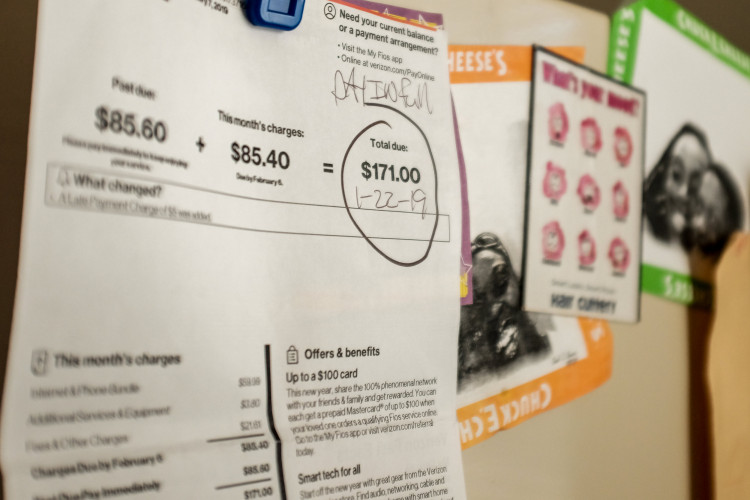Following a 35-day partial shutdown, the United States government has finally reopened. However, some analysts stated that there will be a price to pay, especially among federal workers and a lot of contractors.
During the weekend, U.S. President Donald Trump was forced to make a decision after around 3,000 flights were delayed following the refusal of air traffic controllers to go to work. The boycott came after approximately 800,000 federal jobs were left hanging when the shutdown began on December 22.
The chief economist at Amherst Pierpont Securities, Stephen Stanley said of the longest-standing shutdown in government history, "If the shutdown had lasted much longer, the economic impacts would have snowballed - travel problems, tax refunds, etc.," the Associated Press reported.
Other economists predicted that things will get messier if Trump opts to close down the government after the three-week truce that he agreed on with government officials. Mark Zandi, chief economist at Moody's Analytics said, "It would wide out confidence."
Ever since the U.S. government partially closed some departments, middle-class federal workers were left with no choice but to rely on food banks for their groceries. With two weeks of paychecks in limbo, a lot of employees sought for unemployment benefits.
Backpay has been promised to federal workers but economy experts noted that the events that took place within the six-week U.S. shutdown have left employees wondering if their supposedly stable jobs still promise stability.
Contractual workers are expected to be heavily impacted by the aftermath of the U.S. shutdown. Over the next couple of weeks, the government will be focusing on paying off what they owe federal workers and restoring employees who were furloughed. This could translate to less contractual offers.
According to the New York Times, the nine offices that have since been reopened are Housing and Urban Development, Commerce and Justice, Homeland Security, Transportation, State, Agriculture, Interior, and Treasury.
The U.S. shutdown stemmed from the heated confrontation that transpired between Representative Nancy Pelosi, Senator Chuck Schumer, and president Trump. The U.S. leader insisted that his southern border wall was necessary, claiming that he would take responsibility for a government shutdown if Democrats refuse to support him.
Some retiring federal employees have felt the pain of the U.S. shutdown. Issues with Medicare Part B applications were rampant as retiring workers couldn't obtain the documents they needed from their respective departments.
It remains to be seen how the three-week deal will affect middle-class working citizens. The agreement ends on February 15 but the government has yet to issue a statement on whether or not another shutdown will take place.





